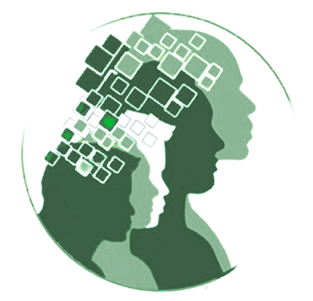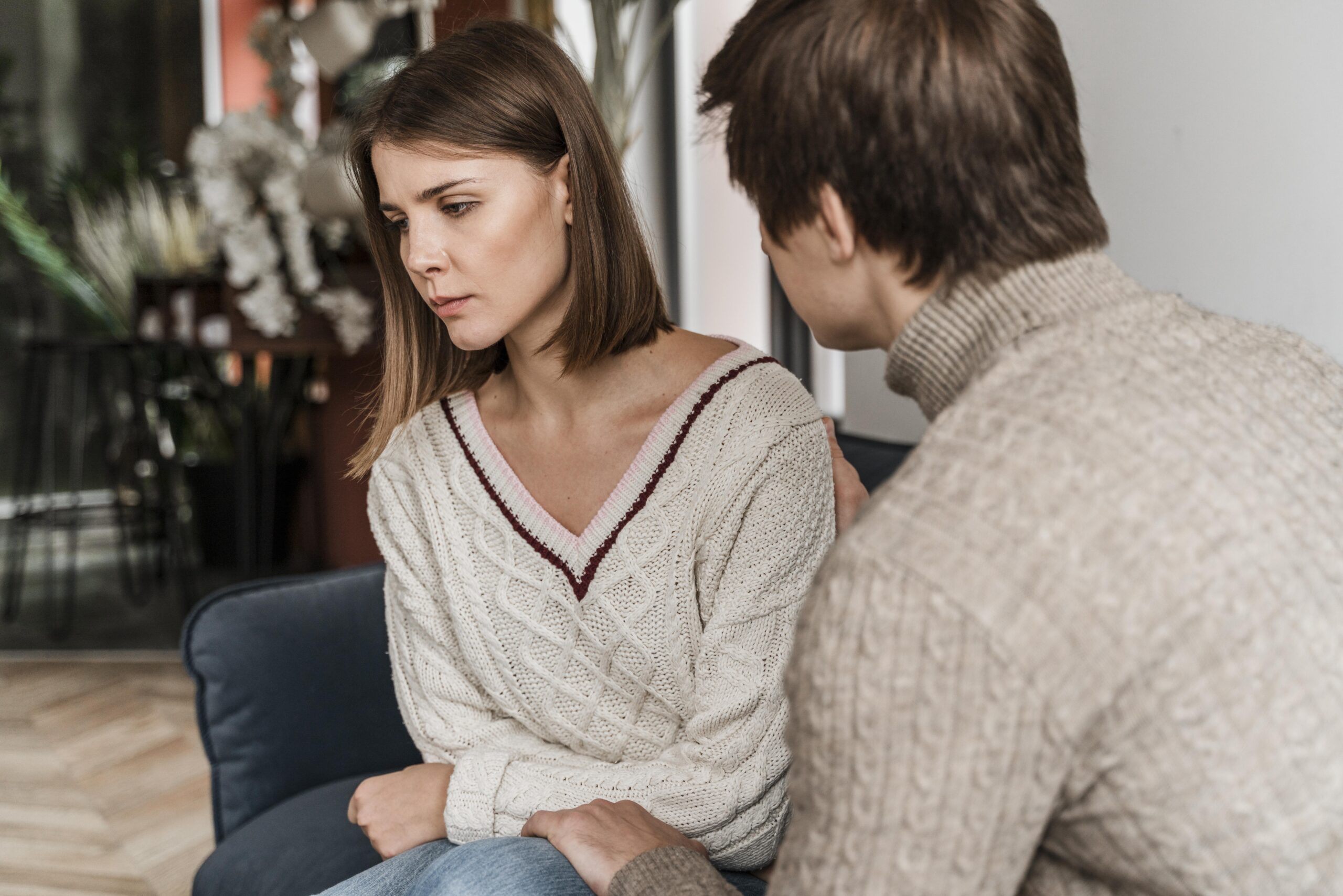Delve into the profound impact of past traumas on present relationships, echoing Freud’s insights on the lasting influence of the past. Trauma, as defined by the American Psychological Association, encompasses any disturbing experience that triggers significant fear, helplessness, or confusion, leading to long-term negative effects on one’s behavior and overall functioning. These experiences range from human-induced traumas like war and assault to natural disasters like earthquakes, shaking our fundamental beliefs in a just and safe world. A critical question arises: Which causes more trauma: expected harm from enemies in war, or unexpected hurt from loved ones in peace?
It’s crucial to recognize that while not all traumatic experiences lead to Post-Traumatic Stress Disorder (PTSD), every case of PTSD stems from trauma. Experiences that totally contradict our moral beliefs can lead to what is known as ‘moral injury,’ which can occur in various situations, such as betrayal or unexpected cheating from a partner, abuse from a caregiver, or any situation where core values are deeply violated.
Understanding how trauma affects romantic relationships is essential. This article explores the ‘Five Key Signs of Trauma in Your Partner,’ offering insights into recognizing and supporting a traumatized partner in a romantic relationship. This guide provides a crucial perspective for those seeking to deepen their understanding and improve their relationship dynamics in the context of trauma and recovery.
1. Feeling Guilt
In relationships where one partner has experienced trauma, a common and challenging emotion that often surfaces is survivor’s guilt. This specific type of guilt involves the traumatized individual constantly questioning their past actions and decisions, often wishing they had acted differently. Unlike natural guilt, which arises from acknowledging a genuine mistake, survivor’s guilt is rooted in self-doubt about choices made during traumatic events. It differs significantly from maladaptive guilt, where one feels guilty for situations entirely out of their control.
It’s crucial for partners to be aware that survivor’s guilt can inadvertently be transferred within the relationship. This transfer can result in feelings of guilt for the other partner, potentially leading to conflicts and misunderstandings. Furthermore, survivor’s guilt can also manifest in self-criticism or even in criticizing loved ones, creating a cycle of guilt. For example, a traumatized partner may feel guilty for making their partner feel guilty, or they might struggle with feelings of inadequacy.
Addressing and understanding survivor’s guilt in romantic relationships is essential for supportive and healthy dynamics. Recognizing the nuances of this guilt can help both partners navigate the complex emotional terrain that trauma brings into a relationship.
2. Feeling Anxiety
When dealing with a partner who has experienced trauma, one of the key signs you might encounter is anxiety. It’s not unusual for your partner to display difficulty in decision-making, exhibit noticeable anxious behaviors, or struggle with managing their anxiety. This anxiety can sometimes be felt during conversations, potentially affecting you as well. Traumatized individuals often carry worries about various aspects of their lives, including immediate situations, future prospects, and especially their relationships. Discussions surrounding the relationship itself can become a source of anxiety for them, and social settings like parties or family gatherings may pose significant challenges.
Anxiety in trauma can often intertwine with feelings of guilt. Guilt has the potential to erode an individual’s sense of self-worth and competence, further exacerbating anxiety. Further, feelings of inadequacy can increase anxiety levels. This is particularly evident in cases of trauma stemming from betrayal, such as infidelity, where the resulting breach of trust can lead to pervasive anxiety and intrusive thoughts related to the traumatic event.
Understanding and recognizing the signs of anxiety in a traumatized partner are crucial for providing support and navigating the complexities of a relationship affected by trauma.
3. Feeling Anger
Anger often arises in individuals when their core expectations, values, belief systems, and personal boundaries are challenged or violated. The severity of this violation directly influences the intensity of anger experienced. This phenomenon is particularly pronounced in situations involving trauma. A traumatic event can induce strong feelings of resentment and discomfort, leading to increased anger and irritability. In a relationship, this heightened state of emotion can turn even minor disagreements into major conflicts or cause a tendency to withdraw, as the individual may be in a constant state of ‘fight or flight.’ It’s crucial to recognize that in the context of trauma, a person may struggle with destructive anger. This type of anger is marked by uncontrolled outbursts, a high level of stress, and aggressive behavior towards others. Understanding the dynamics of anger in a relationship affected by trauma is essential for both partners, as it can help in effectively managing these intense emotions and fostering a healthier, more understanding relationship.
4. Struggling with Law Self-Esteem
When your partner is dealing with trauma, imagine the immense difficulty they face in communicating effectively, especially during periods of flashbacks or when past traumas resurface. Trauma often stems from being pushed out of one’s comfort zone, mistreated, or unjustly treated by a trusted individual. This can be particularly damaging when the agent is someone they viewed as inherently kind. Such experiences of betrayal, neglect, or disregard by close ones profoundly impact their self-perception, leading to intense self-doubt and questioning their own worth. As a result, individuals with trauma may struggle with low self-esteem, feeling unworthy and viewing themselves negatively. Understanding and recognizing these challenges in a traumatized partner are key to providing the right support and helping them rebuild their self-esteem.
5. Trust Issues
The impact of a person’s past experiences, particularly involving betrayal by trusted individuals, is a crucial factor in shaping their ability to trust in current relationships. For instance, if someone has observed betrayal by close family members or friends, it inevitably raises questions about their capacity to trust a romantic partner. Past experiences of betrayal, such as a partner being unfaithful, can significantly influence their perspective and trust in their present relationship. Furthermore, experiences of bullying by trusted peers during one’s teenage years can lead to enduring trust issues in adult relationships. These situations pose important challenges: How can individuals with such backgrounds feel secure and build trust with their current partners? Understanding and addressing these trust issues is vital for fostering healthy, secure, and trusting relationships.
Dealing with trauma in a relationship requires understanding the multifaceted impact it has on a partner. They may exhibit cognitive symptoms like heightened threat perception, behavioral issues such as poor communication and trust problems, along with emotional responses including anger, sadness, fear, and guilt. These challenges can lead to low self-esteem. Recognizing and addressing these symptoms is essential in a relationship with a traumatized partner. Effective treatment options are available for couples dealing with trauma. If trauma is impacting your romantic relationship, it’s important to seek help, whether through individual counselling or couples therapy. Research shows that both approaches are effective in managing trauma-related challenges in relationships. Seeking professional assistance is a vital step towards healing and maintaining a healthy relationship.
If you believe you need professional support, don’t hesitate to reach out. This will provide an opportunity to discuss the matter and receive valuable professional support. You can schedule counselling and psychotherapy sessions to take place in person at Park Place in downtown Vancouver, or if you live in the Tri-cities (Coquitlam, Port Coquitlam, and Port Moody), you can come to my other office in the Tri-city Business Centre located on Shaughnessy Street. Additionally, you can receive counselling and psychotherapy services online via Telehealth or virtually.










